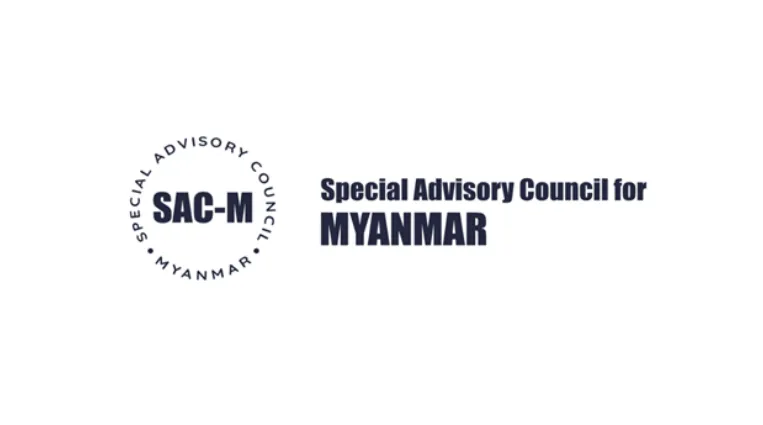Briefing Paper: Myanmar’s Case at the International Court of Justice
07 February 2022

SUMMARY
The ICJ is part of the United Nations (UN), and its role is to consider the obligations of UN Members States under international law. The ICJ is not an investigation body or a criminal court and does not consider whether individuals have committed international crimes. The Genocide Convention is an international treaty. UN Member States that join the Genocide Convention confirm that genocide is a crime under international law which they commit to prevent and to punish.
The Gambia considers Myanmar to be in breach of its obligations under the Genocide Convention, which, so far, Myanmar denies. This represents a dispute between the two UN Member States upon which the ICJ must adjudicate, and this is the basis of the proceedings before the Court. The Gambia says that genocidal acts were committed against the Rohingya by the Myanmar military and security forces during the 2016 and 2017 “clearance operations” in northern Rakhine state.
The case is still in the procedural stages, meaning that the Court has not yet begun to consider the substance of the dispute between The Gambia and Myanmar. The Court first had to consider The Gambia’s request for provisional measures and must now consider the preliminary objections that were made by Myanmar in January 2021, before the illegal military coup began.
Preliminary objections are procedural issues that States can raise and ask the Court to adjudicate on before it can consider the actual dispute. Myanmar’s preliminary objections have not been made public, but they relate to whether the Court has jurisdiction in the case
and whether The Gambia’s application is admissible (acceptable). The Court has announced that public hearings on the preliminary objections will be held from 21 to 28 February 2022.
However, the National Unity Government of Myanmar (NUG) announced on 2 February 2022 that it has told the ICJ that Myanmar withdraws all preliminary objections, as it no longer views them as appropriate. If the Court accepts this notification, the hearings from 21 February 2022 may not proceed as they will be unnecessary.
Only States can be parties to a case before the ICJ and States are represented by their governments. Following the Myanmar military’s attempted coup on 1 February 2021, both the NUG and the illegal junta have communicated to the Court that they will now be representing Myanmar in the proceedings. The junta is not the government of Myanmar and should not represent Myanmar before the Court. The NUG should be recognised internationally as the legitimate government of Myanmar and is the only entity with the authority to represent Myanmar in the ICJ.
Justice for the Rohingya and an end to acts of genocide committed against them are the most important outcomes to be gained from the proceedings. The most straightforward option would be for Myanmar to accept The Gambia’s submissions and take meaningful steps to prevent further genocide against the Rohingya and punish the perpetrators. The NUG has expressed its commitment to this.
Download the Briefing Paper: SAC-M Briefing Paper ICJ ENGLISH
Download the One Page Summary: SAC-M Briefing Paper ICJ Summary ENGLISH
Announcements
28 February 2025
Asian NGO Network on National Human Rights Institutions , CSO Working Group on Independent National Human Rights Institution (Burma/Myanmar)
Open letter: Removal of the membership of the dis-accredited Myanmar National Human Rights Commission from the Southeast Asia National Human Rights Institution Forum

Progressive Voice is a participatory rights-based policy research and advocacy organization rooted in civil society, that maintains strong networks and relationships with grassroots organizations and community-based organizations throughout Myanmar. It acts as a bridge to the international community and international policymakers by amplifying voices from the ground, and advocating for a rights-based policy narrative.